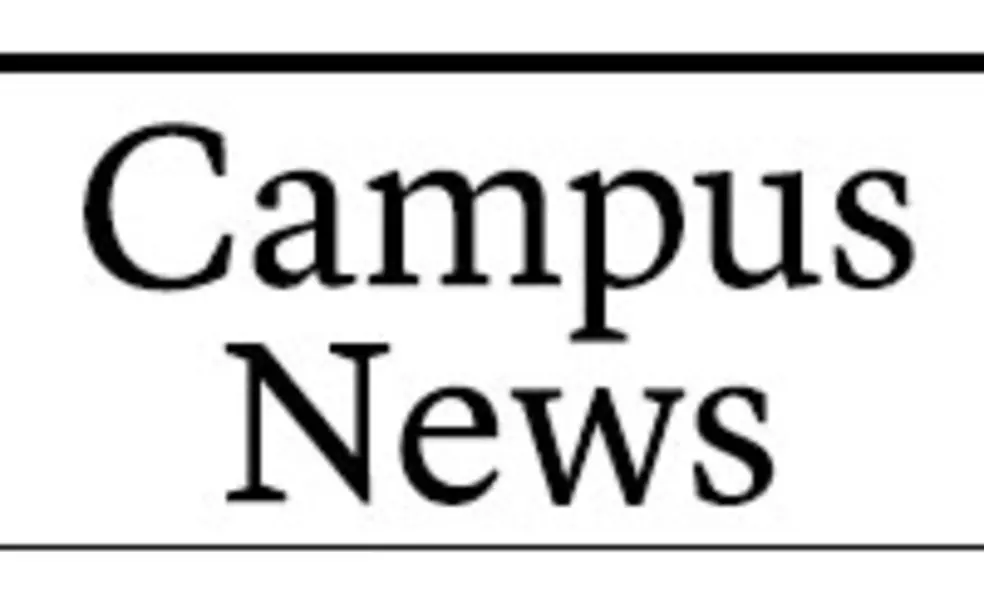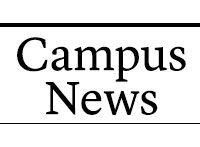Science, ethics discussed at Madison Program conference
How does science inform public policy? Can regulating science undermine essential human values?
On April 13 and 14, 22 scholars and writers, including prominent physicist Freeman Dyson and former University president Harold Shapiro *64, sought to answer these questions in a public conference on âGoverning Science: Technological Progress, Ethical Norms, and Democracy,â hosted by the James Madison Program in American Ideals and Institutions.
Participants and conference attendees discussed the role science plays in the âelevationâ and âreductionâ of man, the abuses and limits of science, and how to govern science ethically in a democratic republic.
The conference concluded with a panel discussion headed by Robert P. George, founder of the James Madison Program and the McCormick Chair in Jurisprudence, featuring Shapiro and Donald W. Landry, a professor of medicine at Columbia University.
The panelists examined the importance of trust in governing science and discussed questions from George and the audience about the ethics behind government grants; politicization and globalization of science in issues such as climate change; science education; and the role of government science councils such as the National Bioethics Advisory Commission, which Shapiro chaired from 1996 to 2001.
Shapiro remained optimistic about science education and the level of support research has from the government, foundations, and universities, calling it a âmiracleâ that American society invests as much as it does in scholarship.
Ultimately, the panelists concluded, the greatest challenge in governing science might lie in the very fact that scientific thought is constantly changing.
âSomething that puzzles me is peopleâs unwillingness to accept the uncertainty of our condition,â Shapiro said. âPart of life is to learn to deal with that uncertainty.â

Sarah Xiyi Chen â13 is a Woodrow Wilson School major from Arcadia, Calif.













No responses yet